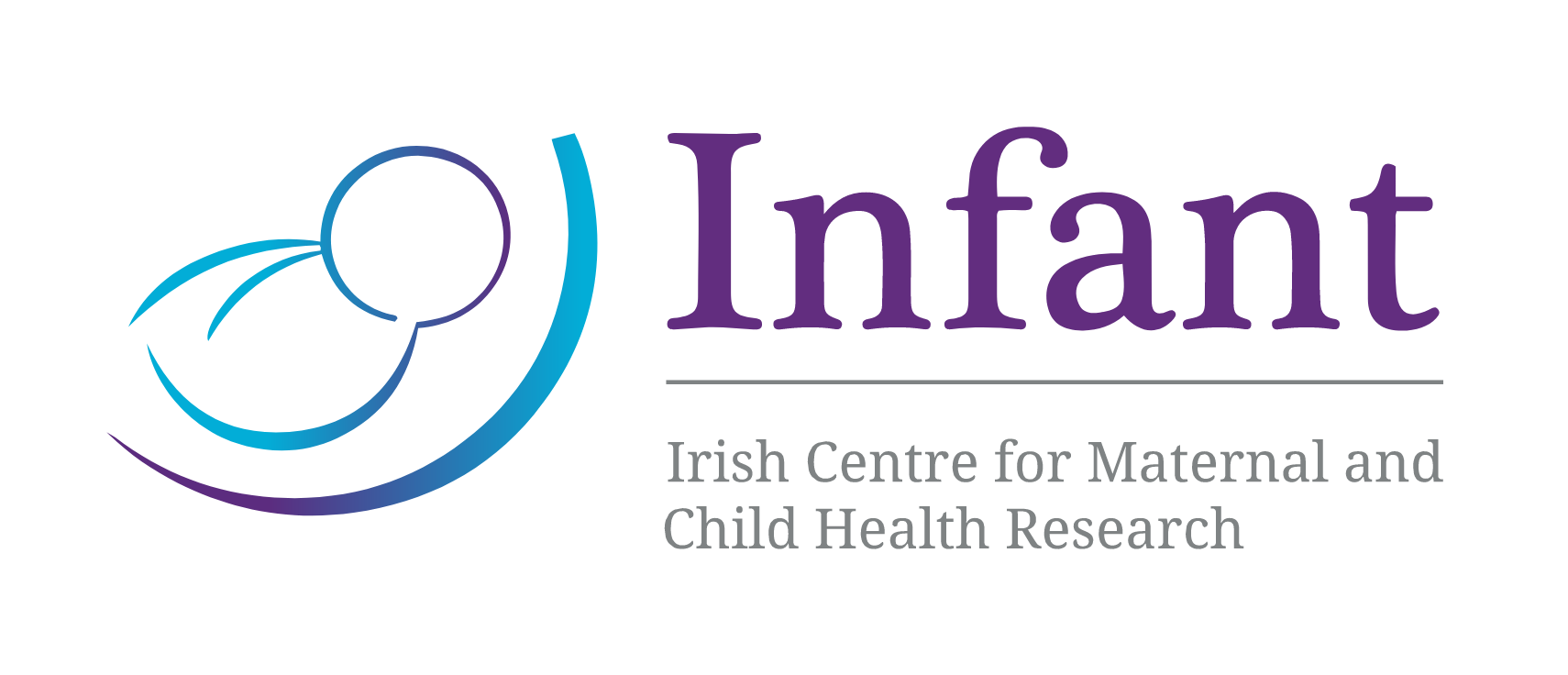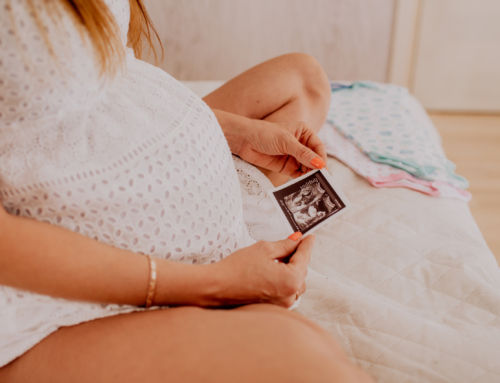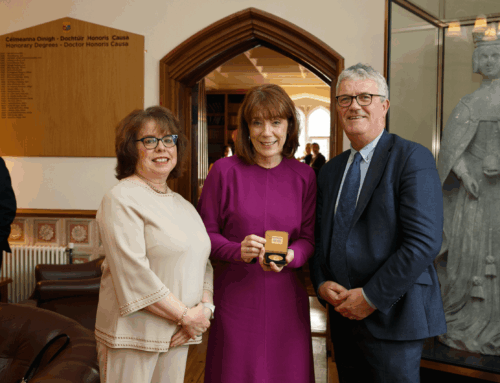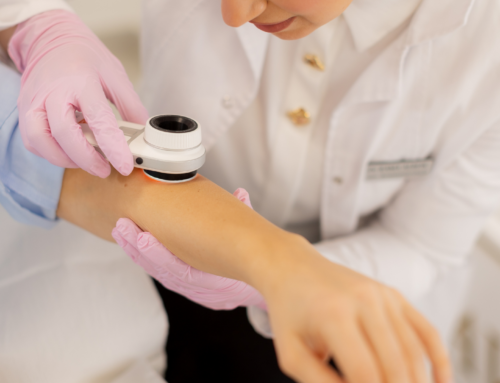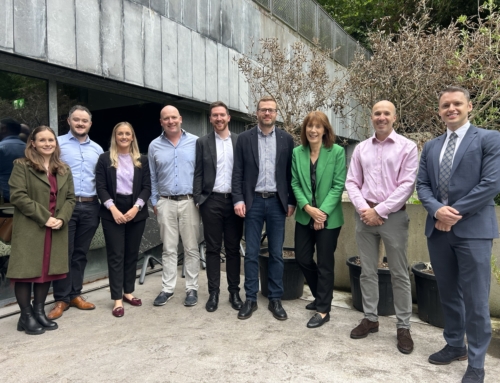Tuesday 14 July 2015
We are thrilled that the INFANT team has reached the final stage of the international Saving Lives at Birth Grand Challenge.
This funding programme is dedicated to identifying and scaling up transformative prevention and treatment approaches for pregnant women and newborns.
The team are at the final to compete for funding to develop our Newborn Brain Audioscope innovation. The audioscope is a portable device that will allow healthcarers to hear brainwaves and assess the brain health of babies.
Why do we need to assess brain health?
Each year, there are 2.9 million neonatal deaths worldwide. 1 million of these are due to birth asphyxia: a lack of oxygen around the time of birth. 98% of these deaths occur in low/low-middle income countries (LMIC). As a result, birth asphyxia accounts for 41 million “disability adjusted life years” (the number of years lost due to ill-health, disability or early death). Birth asphyxia is therefore one of the leading causes of mortality and morbidity in low-middle income countries. Of the children who survive birth asphyxia, 1 million of them develop neurodevelopmental disorders, including learning disabilities, intellectual disabilities, and cerebral palsy.
What can be done to prevent this?
Although neurological problems are more likely to happen in the early neonatal period than at any other time of life, it is the exact period when there is the least brain monitoring. Many of these neonatal deaths and lifelong disabilities could be prevented if the babies’ brains were monitored. Currently, the only way to monitor the brain is to use expensive EEG machines that require high levels of skill to acquire and interpret signals.
The development of the Newborn Brain Audioscope would change this. The device will follow the conventional stethoscope design – a hand-held tool with a sensor pad to be applied to the baby’s head that will enable any kind of healthcare professional to listen for activity through headphones. Babies that have suffered severe encephalopathy (brain disorders) often have absent brain activity in the first few hours of life or if they are suffering “fits” or seizures, this sound will be heard and interpreted easily by the healthcare professional using the same skills they use with a stethoscope.
The development of a portable and easily accessible device to assess brain functioning may revolutionise neurocritical care of newborns in resource limited settings.
We would like to call on your help to support this proposal with just a few clicks.
The team’s proposed project aims to develop a neurological “stethoscope” to help identify babies at highest risk of brain injury soon after birth. 85% of neonatal deaths worldwide occur in developing countries and a major cause is neonatal brain disorder due to asphyxia. EEG machines are expensive and the time and skills needed to acquire and interpret the signals are all obstacles to their use in the developing world. This project’s brain ‘stethoscope’ will be able to monitor brain function in a low-cost and simplified way, just as a conventional stethoscope is used to monitor heart beats and respiration. The results will enable us to deliver the best possible care and best outcomes for these babies.
HOW TO HELP:
The Grand Challenge includes a public voting forum for the People’s Choice Award where the public can vote online for their favourite project. To vote for the project simply register for an account and then click the star on the project’s page.
Reaching the finals is an incredible achievement and securing the funding has the potential to save many newborn lives worldwide.
